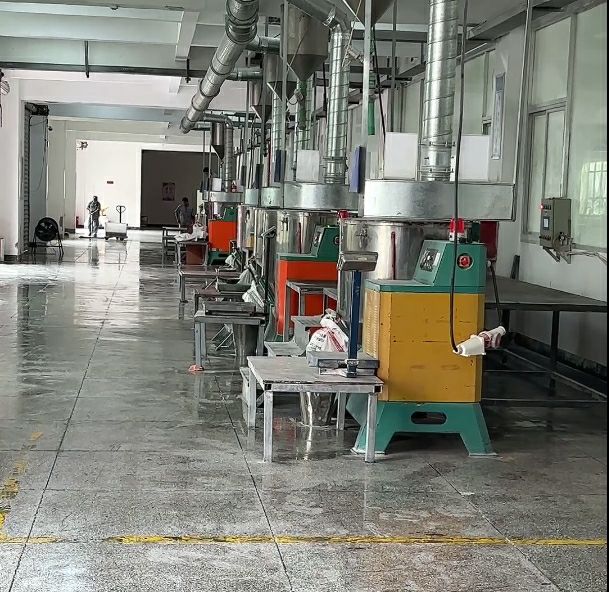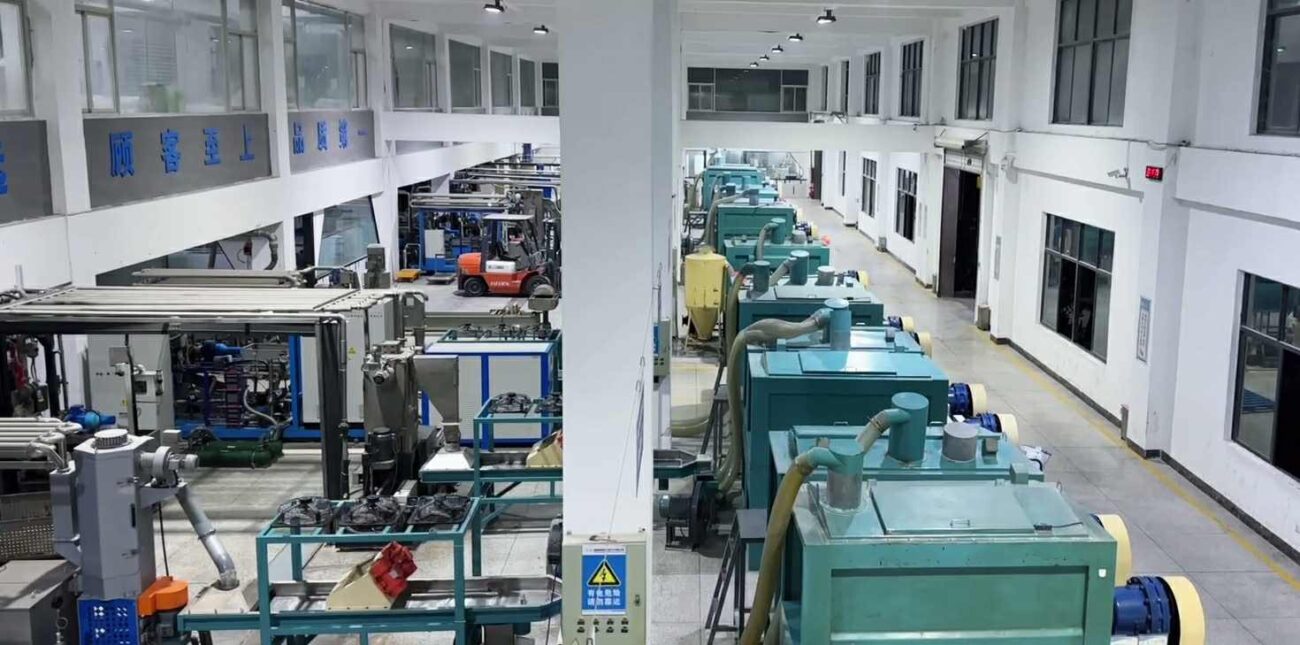Thermoplastic elastomers (TPE) and thermoplastic vulcanizates (TPV) are gaining popularity across various industries due to their flexibility, durability, and eco-friendliness. These materials are used in everyday products like phone cases, medical devices, and automotive parts. But as TPE and TPV contact our skin and food, a common question arises: Are TPE and TPV toxic? This article explores their safety and highlights why they’re often chosen for sensitive applications.
What Are TPE and TPV?
To understand their safety, it’s essential to know what TPE and TPV are:
TPE: Known for their flexibility and durability, TPEs are rubber-like materials used in a range of applications, from consumer products to medical devices.
TPV: A subtype of TPE, TPV is produced through vulcanization, a process that strengthens the material and makes it more resilient, commonly used in automotive seals and construction.
These materials offer a flexible, non-toxic alternative to traditional rubbers and plastics, contributing to their popularity.

Are TPE and TPV Toxic?
Let’s address the main question: are these materials safe for regular use, including skin contact and food applications?
Non-toxic Composition
TPE and TPV materials are generally made without harmful chemicals like phthalates or heavy metals, which are found in some plastics. High-quality TPE materials are typically hypoallergenic and safe, particularly those produced by reputable thermoplastic elastomer manufacturers.
FDA and Regulatory Approval
TPEs used in medical and food applications undergo strict testing for certifications such as FDA approval, ensuring they meet health and safety standards. This provides peace of mind for consumers and businesses relying on these materials for sensitive uses.
Skin and Food Contact
TPE is commonly used in products that touch the skin or come in contact with food, such as toothbrush handles, baby toys, and kitchen utensils. Reputable TPE factories produce hypoallergenic and biocompatible materials, safe for direct contact in everyday consumer items.
Key Applications and Safety Standards
Understanding where TPE and TPV are commonly used can provide insights into their safety features:
Consumer Goods
TPE is widely used in consumer products like phone cases, sports gear, and appliance handles. These are items we handle daily, and choosing non-toxic TPE from a trusted TPE factory ensures these products are safe.
Medical and Healthcare Applications
TPE’s use in medical devices, such as tubing and IV bags, reflects its safety and biocompatibility. TPE manufacturers supplying to healthcare follow strict standards to ensure these materials meet safety requirements, further reassuring consumers and professionals.
Automotive and Construction
TPV’s durability makes it a preferred choice in demanding applications such as automotive and construction parts. Its chemical resistance, UV resistance, and high durability ensure it remains safe in high-stress environments, like car interiors and weather-exposed installations.
Environmental Impact: Is TPE/TPV Eco-Friendly?
TPE and TPV are not only safe but also eco-friendly, a factor increasingly important for consumers and manufacturers alike:
Recyclability and Sustainability
TPE and TPV are recyclable, making them a more sustainable option compared to traditional rubbers. This eco-friendly trait has made TPE a sought-after material for companies focused on reducing environmental impact.
Non-biodegradability and Environmental Initiatives
While TPE and TPV are not biodegradable, many TPE factories are innovating to produce more environmentally-friendly grades of TPE. This positions TPE as a durable, low-impact alternative to many non-recyclable materials.
Choosing Safe TPE/TPV Products
If you’re a consumer or business considering TPE or TPV materials, here are some quick tips for ensuring safety:
Source from Trusted TPE Factories: Reputable thermoplastic elastomer manufacturers offer materials that meet high safety standards, so it’s essential to select a well-established supplier.
Verify Certifications: Look for FDA, REACH, and other certifications that indicate the material has undergone rigorous testing for non-toxicity.
Consider Customization: Many manufacturers offer customized TPE grades to meet specific safety requirements, providing even more control over product safety and quality.

TPE and TPV are safe, versatile, and eco-friendly materials, widely used across industries for applications that prioritize both performance and safety. With non-toxic compositions and regulatory approvals, TPE and TPV are excellent choices for products that need to be durable, flexible, and safe for everyday use. When sourced from reputable manufacturers, these materials offer peace of mind for consumers and business






